A Night at the Opera (2020)
ジャンル : ドキュメンタリー, 音楽
上映時間 : 19分
演出 : Sergey Loznitsa
シノプシス
A documentary view of the galas of Paris’s Palais Garnier in the 1950s and ’60s.
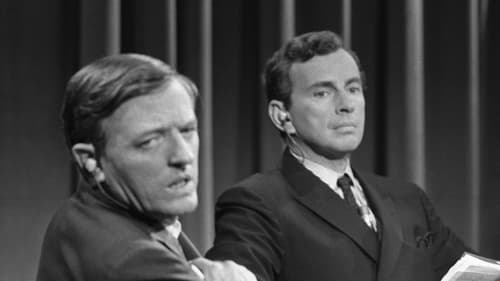
A documentary about the legendary series of nationally televised debates in 1968 between two great public intellectuals, the liberal Gore Vidal and the conservative William F. Buckley Jr. Intended as commentary on the issues of their day, these vitriolic and explosive encounters came to define the modern era of public discourse in the media, marking the big bang moment of our contemporary media landscape when spectacle trumped content and argument replaced substance. Best of Enemies delves into the entangled biographies of these two great thinkers, and luxuriates in the language and the theater of their debates, begging the question, "What has television done to the way we discuss politics in our democracy today?"
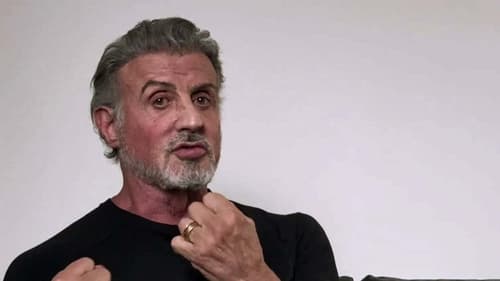
Fight alongside Sylvester Stallone as he creates a brand-new director's cut of Rocky IV: ROCKY VS. DRAGO. This feature-length documentary offers a personal and uncompromising look into the editing process, captured by Sly's longtime friend and fellow filmmaker John Herzfeld.
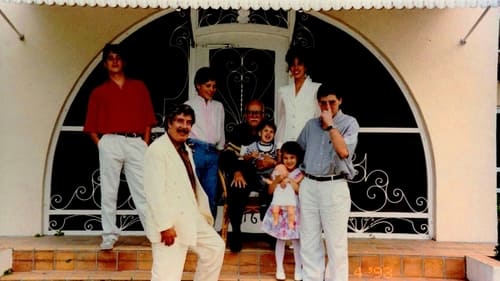
マフィアの大物による前代未聞の裏切り行為。1986年、組織の秘密を暴露したトンマーゾ・ブシェッタには、家族と自身の命を巻き込む大きな代償が待っていた。

Director Michael Apted revisits the same group of British-born adults after a 7 year wait. The subjects are interviewed as to the changes that have occurred in their lives during the last seven years.
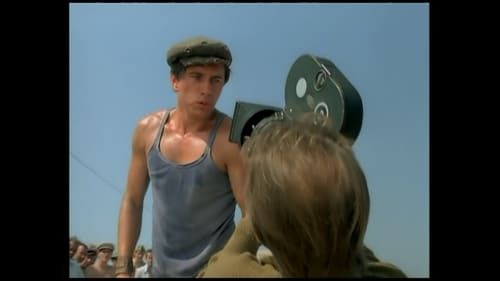
Man of Marble is a Polish film about a student making a film about a bricklayer who was once idolized. She interviews people who knew him and finds old footage that lead to an unfolding mystery that causes her producer to cancel the project.

Everyone has a skeleton or two in his or her closet, but what about the director behind some of the most successful thrillers ever to hit the silver screen? Could M. Night Shyamalan be hiding a deep, dark secret that drives his macabre cinematic vision? Now viewers will be able to find out firsthand what fuels The Sixth Sense director's seemingly supernatural creativity as filmmakers interview Shyamalan as well as the cast and crew members who have worked most closely with him over the years. Discover the early events that shaped the mind of a future master of suspense in a documentary that is as fascinating as it is revealing.
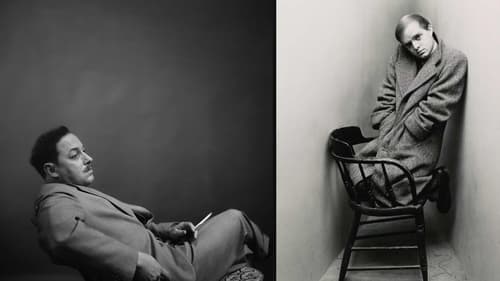
The parallel lives of writer Truman Capote (1924-84) and playwright Tennessee Williams (1911-83): two friends, two geniuses who, while creating sublime works, were haunted by the ghosts of the past, the shadow of constant doubt, the demon of addictions and the blinding, deceptive glare of success.

NOTFILM is a feature-length experimental essay on FILM -- its author Samuel Beckett, its star Buster Keaton, its production and its philosophical implications -- utilizing additional outtakes, never before heard audio recordings of the production meetings, and other rare archival elements.
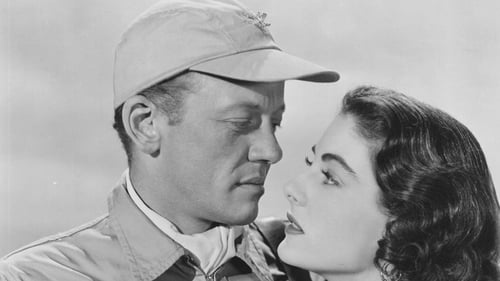
An idealistic United Nations official learns the harrowing truth about war when she falls in love with an American officer charged with the evacuation of civilians. As hostilities escalate, the officer and his small detachment are left to hold the line until allied forces can be brought into action.

A provocative and poetic exploration of how the British people have seen their own land through more than a century of cinema. A hallucinated journey of immense beauty and brutality. A kaleidoscopic essay on how magic and madness have linked human beings to nature since the beginning of time.

How do you put a life into 500 words? Ask the staff obituary writers at the New York Times. OBIT is a first-ever glimpse into the daily rituals, joys and existential angst of the Times obit writers, as they chronicle life after death on the front lines of history.

The US writer Stephen King (Portland, Maine, 1947) has been one of the world's best-selling authors for decades. How can the overwhelming success of his numerous works be explained? Perhaps by the boundless inventiveness of his literature? And what else is behind the longevity of his astonishing career?
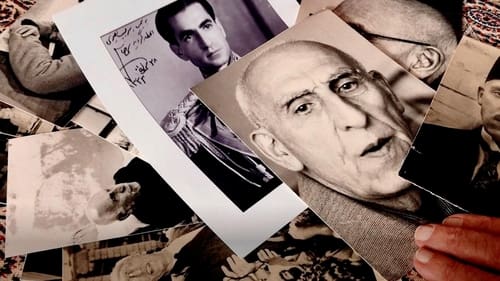
Tehran, Iran, August 19, 1953. A group of Iranian conspirators who, with the approval of the deposed tyrant Mohammad Reza Pahlavi, have conspired with agents of the British MI6 and the US CIA, manage to put an end to the democratic government led by Mohammad Mosaddegh, a dramatic event that will begin the tragic era of coups d'état that, orchestrated by the CIA, will take place, over the following decades, in dozens of countries around the world.

How does art survive in a time of oppression? During the Soviet rule artists who stay true to their vision are executed, sent to mental hospitals or Gulags. Their plight inspires young Igor Savitsky. He pretends to buy state-approved art but instead daringly rescues 40,000 forbidden fellow artist's works and creates a museum in the desert of Uzbekistan, far from the watchful eyes of the KGB. Though a penniless artist himself, he cajoles the cash to pay for the art from the same authorities who are banning it. Savitsky amasses an eclectic mix of Russian Avant-Garde art. But his greatest discovery is an unknown school of artists who settle in Uzbekistan after the Russian revolution of 1917, encountering a unique Islamic culture, as exotic to them as Tahiti was for Gauguin. They develop a startlingly original style, fusing European modernism with centuries-old Eastern traditions.

While shooting a Halloween news story on horror writer H.P. Lovecraft, reporter Rebecca Marsh discovers that the "fiction" Lovecraft wrote is actually true and the creatures and cults described in his writings really exist.

In 1968, five girls from Tuscany who dreamt of seeing the world were offered to tour the Far East as an all-girl band, finding themselves in the middle of the Vietnam War. Fifty years later, they tell the story of Le Stars' adventure amongst American soldiers, remote jungle bases and soul music.

A documentary view of the galas of Paris’s Palais Garnier in the 1950s and ’60s.

The worldwide Nazi search for archaeological and historical support for their beliefs in the Aryan (German) master race.

Tasmania, 1954: Slovenian migrant Melita abandons her husband and young daughter, Sonja. Sonja's distraught father perseveres with his new life in a new country, but he is soon crushed into an alcoholic despair, and Sonja herself abandons him at the earliest opportunity. Now, nearly 20 years later, a single and pregnant Sonja returns to Tasmania's highlands and to her father in an attempt to put the pieces of her life back together.
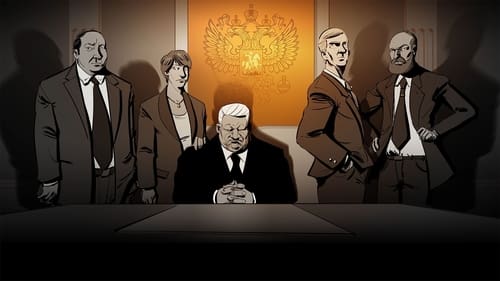
Moscow, January 1996. Boris Yeltsin gets ready to run for a second mandate of the presidency of the young Russian Federation. Polls are in the single digits. A painful economic transition, war in Chechnya, and the rise of criminal groups have left the majority of Russians dissatisfied with Yeltsin… and willing to vote for the communist leader Gennady Zyuganov. Yet six months later, Yeltsin won the election with nearly 54% of the vote. How did that happen?

















